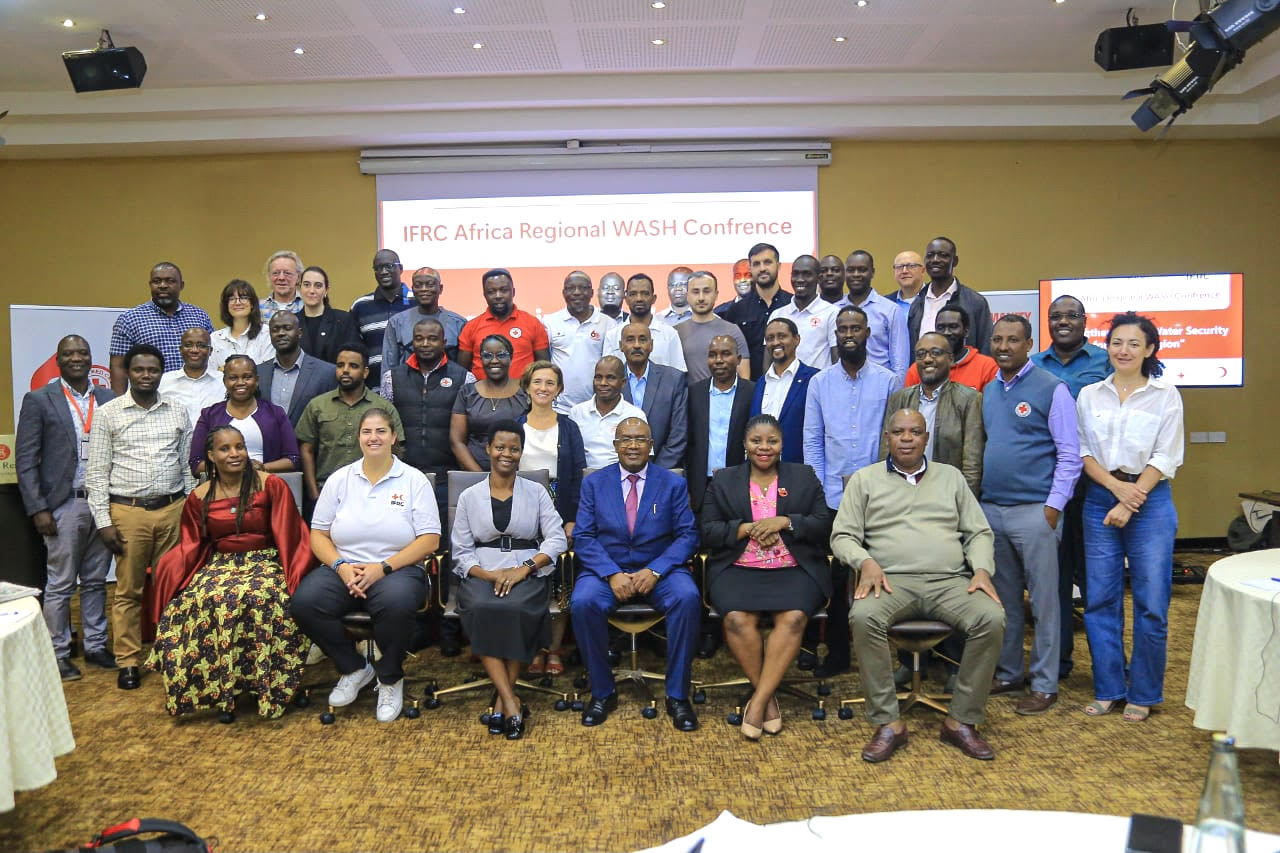
The Uganda Red Cross Society, through the Ugandan government and various humanitarian organizations across Africa, have convened in Kampala at Speke Resort Munyonyo for five days to develop a unified strategy aimed at combating gaps in the implementation of water, sanitation, and hygiene interventions.
This comes after reports indicating devastating effects of climate disasters and health epidemics in disaster-prone areas due to the absence of an integrated water and sanitation intervention.
The meeting is running under the theme Strengthening the Water Security for the Africa Region. The theme of the ongoing Africa Regional Workshop is centered on achieving universal access to WASH (Water, Sanitation, and Hygiene) in Eastern and Southern Africa.
While speaking on behalf of the Uganda Red Cross Society on Tuesday, October 1, 2024, the Director for Health and Social Services, Dr. Josephine Okwera, said that the integration of water, sanitation, hygiene, and climate intervention across societies in Africa will improve the disaster preparedness of communities.
“Our goal is how we can have a unified plan with African countries because we know now that disasters have transboundary effects. What may happen is an example of how our waters flow along different countries, like the Nile, which passes through different countries. Flooding upstream can affect countries that are downstream. We are therefore looking at how these countries can come together, work together, and have a unified plan for responding to these disasters when they happen,” Dr. Okwera said.
Read Also: Initiate Special Livelihood and Housing Projects for Kiteezi Disaster Victims-IRCU to Government
The event, with over 60 participants sharing different experiences, included the Edwell/Zimbabwe Red Cross, Burundi Redcross, Ivory Coast Redcross, IFRCARICA, ICRC, government ministries, departments, and agencies.
Tindi Mugaya Kaliisa, a Commissioner at the Ministry of Water and Environment, revealed that the regional government ought to increase rationality and quantity of supplies as an immediate intervention.
In Uganda, several families in the Bugisu sub-region have abandoned their homes in the past, seeking refuge in trading centers after mud and landslides wreaked havoc, destroying houses and gardens. Floods in Kasese district damaged roads and bridges and killed some cattle.
The Red Cross WASH programs target refugee communities, cholera hotspots, and other emergency situations such as landslides, floods, and internally displaced persons.